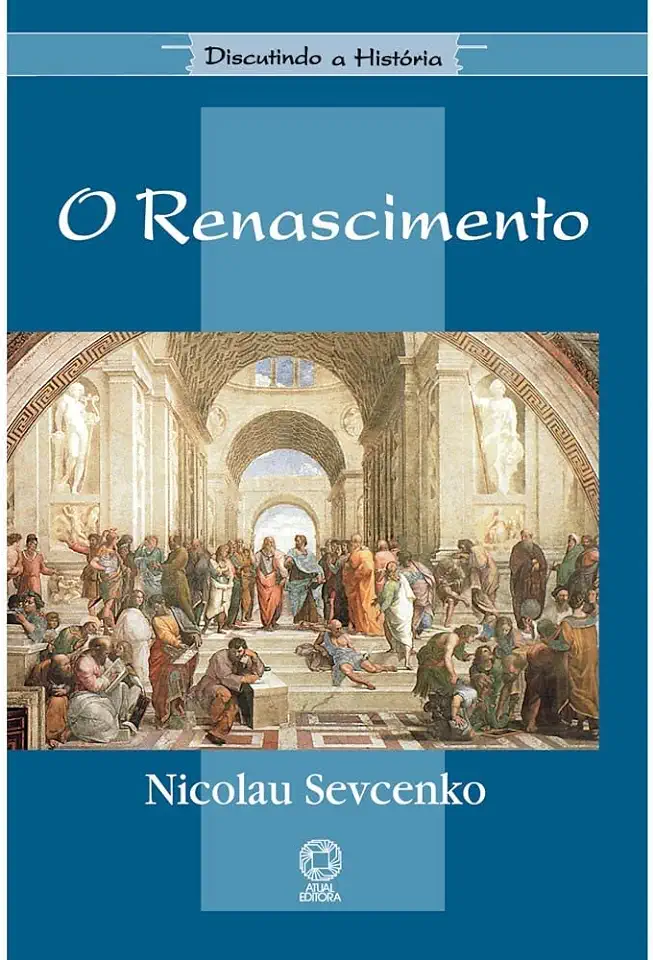
The Renaissance - Nicolau Sevcenko
The Renaissance: A Cultural History of the Italian Renaissance
Introduction
In his seminal work, "The Renaissance: A Cultural History of the Italian Renaissance," Nicolau Sevcenko offers a comprehensive and captivating exploration of one of the most transformative periods in human history. This book delves into the intellectual, artistic, and social revolutions that shaped the Italian Renaissance, providing readers with a profound understanding of the era's enduring impact on Western civilization.
The Birth of Humanism
Sevcenko begins by tracing the origins of the Renaissance to the rise of humanism, a philosophical movement that placed human beings at the center of the universe. This shift from theocentric to anthropocentric thinking sparked a profound transformation in art, literature, and philosophy, as artists and intellectuals sought to capture the beauty and complexity of the human experience.
The Artistic Revolution
One of the most striking features of the Renaissance was its artistic revolution. Sevcenko vividly describes the emergence of new artistic techniques, such as oil painting and perspective, which allowed artists to create works of unprecedented realism and depth. He explores the masterpieces of Renaissance masters like Leonardo da Vinci, Michelangelo, and Raphael, analyzing their innovative use of form, color, and composition.
The Literary Renaissance
The Renaissance also witnessed a remarkable flourishing of literature. Sevcenko examines the works of Dante, Petrarch, and Boccaccio, highlighting their contributions to the development of vernacular literature and the rise of the novel. He also discusses the impact of printing, which made books more accessible and accelerated the spread of knowledge and ideas.
The Scientific Revolution
The Renaissance was not only a time of artistic and literary achievement, but also of scientific progress. Sevcenko explores the groundbreaking discoveries of scientists like Copernicus, Galileo, and Vesalius, which challenged traditional beliefs and laid the foundation for modern science.
The Social and Political Context
Sevcenko also provides a nuanced analysis of the social and political context of the Renaissance. He examines the rise of powerful city-states like Florence and Venice, the impact of trade and commerce, and the complex relationship between the Church and the secular world.
The Legacy of the Renaissance
In the concluding chapters, Sevcenko reflects on the enduring legacy of the Renaissance. He argues that the Renaissance's emphasis on human potential, its celebration of beauty and creativity, and its commitment to the pursuit of knowledge continue to shape Western culture to this day.
Conclusion
"The Renaissance: A Cultural History of the Italian Renaissance" is a masterpiece of historical scholarship that brings to life one of the most vibrant and influential periods in human history. Sevcenko's engaging narrative, insightful analysis, and wealth of illustrations make this book a must-read for anyone interested in art, history, or the human condition.